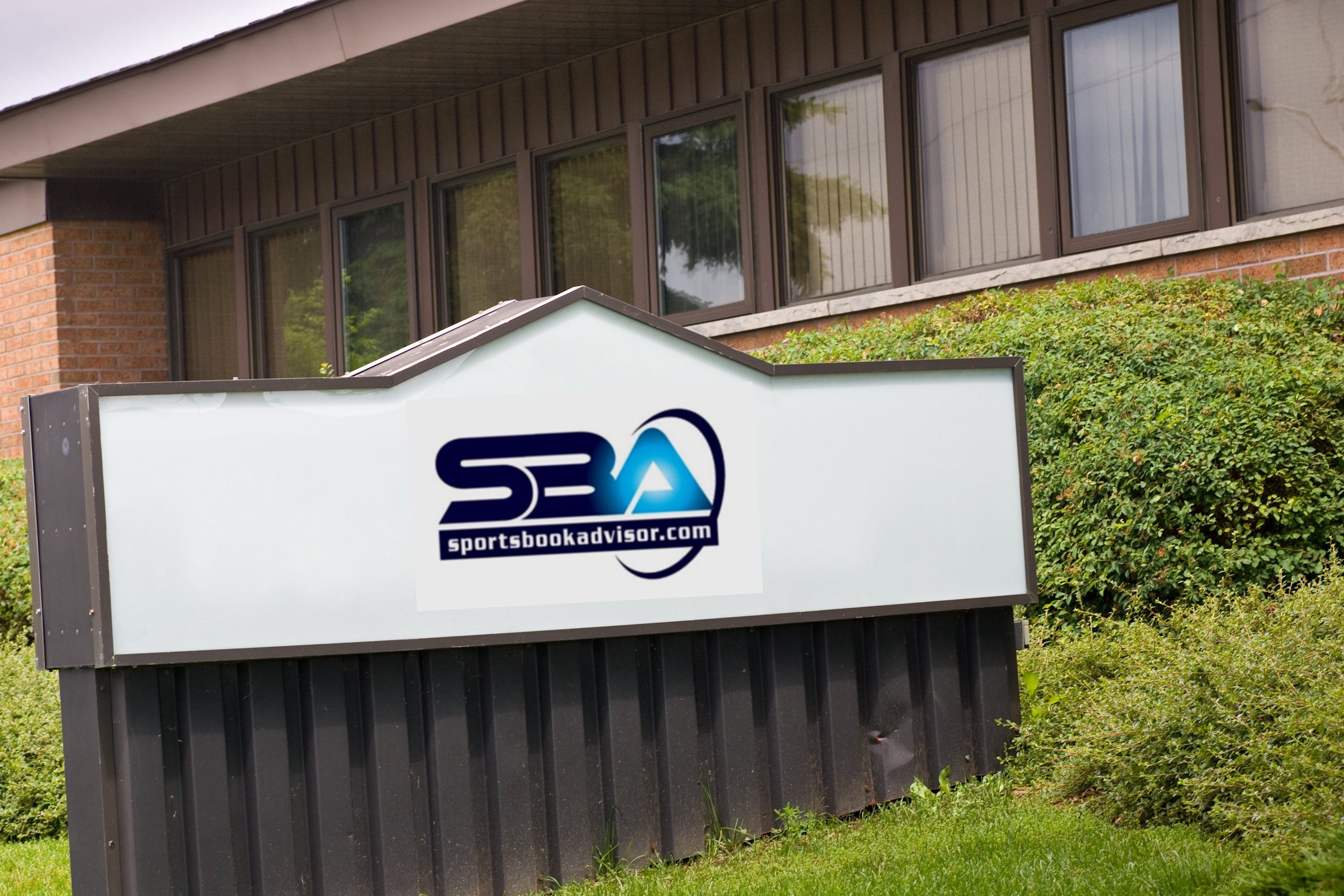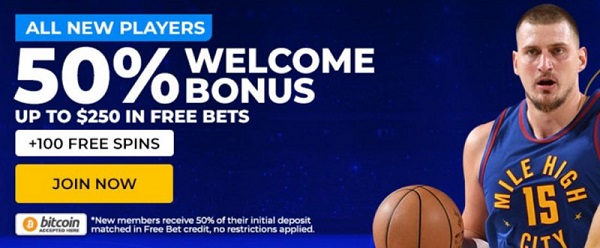Has Acceptance of Sports Betting by Major Networks Hurt Small Outfits?

Several years ago, states began to make it legal for sportsbooks to operate in their jurisdiction. This was the signal that large corporations had been waiting for. Many corporations which already owned a sports betting outfit in other countries came calling. William Hill is the biggest example of the “British Invasion” Plot twist: William Hill was recently bought by Caesars, an American company.
Other corporations who used to dance around the topic of sports betting now fully embrace it. You can routinely see ESPN put the point spread right beside the game description on the game day shows. You have long-time sports commentators like Lou Holtz and Herb Herbstreit talking about who will cover the spread and how many points will be scored (in relation to the over-under).
The Good, the bad and the Ugly
The Good
This sudden openness to sports betting has made it main stream and therefore people feel like they can talk about it with impunity. This widens the audience and possibly helps small publications like ours. The more people there are searching out timely and relevant sports betting content the better.
The Bad
Unfortunately the people searching for the sports betting content are much more likely to land on a big corporate page. The already well established corporations like CBS and ESPN simply flicked the switch and are now sports gambling friendly. Search Engines (Google) don’t reward sites like ours for steadily publishing sports betting content for 14 years straight for being first, or at least well before the big corporations. No, suddenly, CBS, ESPN and the like have instant access to the first page results and dominate them.
Furthermore, Google and these large corporations have a cozy special relationship to where as soon as they publish one of their sports betting articles it shows up in Google. They make the rest of us mortals wait until the Google spider gets around to checking our site, which could be up to 23 hours from the time of the post.
The Ugly
Google owns 90% of the search market so whatever they do makes and breaks companies. They say that they simply display the most relevant content first. But, its obvious they are in cahoots with other large corps to display their content first. In an age where people are worried more and more about large corporations controlling the information, this is just one more example of that happening.
The Brighter Side
The good news for small publications like SBA is that we do have a following that has been built up over 14 years. We are what some may call a niche sports betting operation in that we specialize in rating offshore books and concentrate more on the numbers behind the scenes, ie., public betting trends as well as sportsbook wants and needs. We are a small team of guys who actually worked in the sportsbook industry, not some fat nerd on a network $110K per year salary who gets paid to bloviate about content which he is only recently learning. I mean there were network guys who were describing placing their first ever bet also writing game betting previews in that very same article. Why would anyone listen to their advice?
And for anyone who says offshore is shady and shouldn’t be discussed, I say to them, have they or anyone they know never used an offshore bank? Have they never purchased a product made outside of the United States because it offered more value? Of course they have. We only display the best of the best sportsbooks and help our readers avoid pitfalls associated with shady operations.
Conclusion
The fact is that SBA and a handful of other niche sports betting sites will continue to thrive. Though we are basically shut out of the first few pages of Google for new releases, there are a ton of existing pages on events and topics which those media conglomerates have yet to cover.
My analogy to getting your sports betting information from SBA vs the major networks is like getting a haircut: ESPN is Super Cuts and SBA is your local barber.
-Brad
















